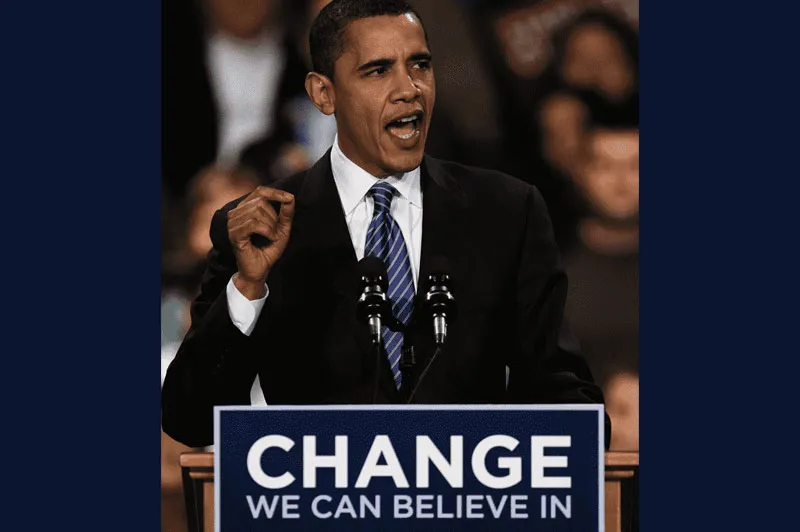We have noticed a significant increase in the interest in strategic change initiatives and the desire of clients to more deeply understand how they might do change better within their organisations and upskill line and support management with change awareness and capability.
There are a number of reasons for this increased awareness: We have become more aware of just how quickly change can occur in the world (a good example of this is 9-11 and the resultant impact on financial markets and their regulation, security awareness at every level of society, military training, readiness and warfighting, intelligence gathering, and the overall connectedness of the entire world in respect of the GWOT), the massive access to data and information that the internet provides and with it the ability to make quicker decisions, the need to make decisions more quickly than our competitors, and, most importantly, the fact that strategic decisions have to be executed more and more quickly and effectively in order to stay competitive (or even in the game!).
It has also been interesting to watch how the word change has seeped in our daily vernacular; examples are US President Barak Obama running his 2008 campaign on a slogan of Change We Can Believe In, and a more recent example of the Democratic Alliance in South Africa running its current political campaign prior to the national vote next week under a Together For Change banner. Change has become a rallying cry for hope, for the future, for something different. It seems to swirl all around as a better alternative on the morrow.
If only we could translate many of those wonderful words into effective action! Regardless of the emotionality of the word change and its underlying promise, at CCG we are much more concerned about how we do change effectively in order to achieve sustainable advantage for a client organisation. For this reason alone we believe the recent interest in change as a concept, and an increasing organisational recognition of the strategic imperative of change implementation, is an important step forward for the profession.
There are a number of ways in which this interest has been expressed: The level and intensity of engagement with the CCG website, requests for engagement with CCG, and ever-increasing requests to provide change capability building through our Change Learning Academy, to run internal Master Classes for line and support management, and to speak at internal conferences on strategic change and the impact of change on strategy implementation, risk management and optimal line functioning.
A key component of our approach which we believe to be important in this regard is that all offerings are of a private nature. We do not believe in offering public courses in change, for two reasons:
1. Every client organisation presents with a unique set of circumstances and a unique change profile or signature, and a key reason why change initiatives can fail is because the change methodology or framework used for a previous change programme is reapplied to a different moment in time and to a programme with a different risk profile and delivery requirements.
Key takeout: Change skills development or training (or capability building as we prefer to call it) should be delivered in a bespoke manner for a preselected group of individuals who display the necessary attributes to be change agents within their organisation. In addition, these delegates should be upskilled using a tailored methodology that takes that organisation’s specific requirements into account, at a particular moment in time.
2. When we have run public change workshops previously and have delegates from various organisations in the room, and sought to drill down in detail to discuss granular aspects of a change programme the delegates were involved with, many clammed up, feeling uncomfortable to share what was often sensitive information at that level of detail.
Key takeout: Change capability building should be delivered to a select group of change agents from a single organisation at a time, who are granted permission to speak openly and freely about their experiences and to share (sensitive) information where this would help the skills development process.
Building internal change capability is an extraordinarily difficult task (which we will deal with in our next blog); in order to get this right, we need to design the appropriate programme, tailored in the right way for a single organisation at a time and in a way that addresses that particular organisation’s strategic change concerns at that specific moment in its history.
Change is very much in the public domain at present: This certainly helps our cause as a change consultants, and for this reason we should be grateful the word has reached mantra status.

